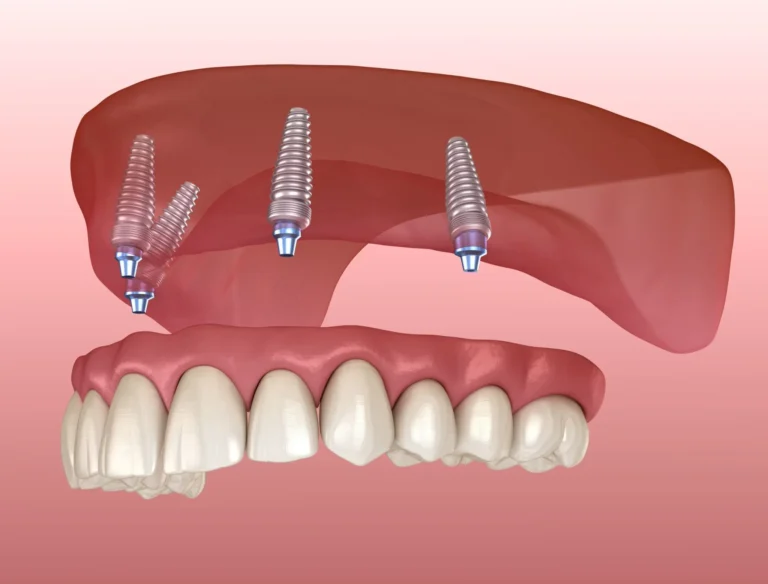A Snapshot of the Tepezza Hearing Loss Lawsuits and How the Drug Gained FDA Approval
In January 2020, pharmaceutical giant Horizon announced that the FDA approved its drug Tepezza. The promising treatment for Thyroid Eye Disease (TED) boosted the company’s shares to 4.2%.
Horizon claimed Tepezza was the first approved treatment for the autoimmune disorder which if ignored could lead to blindness. The drug was said to significantly decrease the symptoms of TED, including eye pain and swelling.
TED, also called Graves’ Eye Disease, is when the immune system attacks the muscle and fat tissue behind the eyes, often causing bulging eyes or double vision. However, the success story of Tepezza had another side, considering the dangerous side effects of the drug.
Tepezza’s Side Effects
Administered by an intravenous drip, Healthline explained that Tepezza’s active ingredient is teprotumumab, a biological medication made partly by living organisms.
As with all medications, Tepezza was issued with a side effects label. Mild symptoms included muscle spasms, nausea, diarrhea and dry skin.
Horizon listed high blood pressure and hearing loss as serious side effects. Unfortunately, the warning label was only introduced in 2023. By then the wheels already started turning on the Tepezza lawsuit.
Patients who suffered permanent hearing loss after taking the drug are suing Horizon Therapeutics for failure to warn them about the potential risks of Tepezza before their label update.
The lawsuit’s main argument is that Horizon did not provide warnings about the drug’s risks, particularly permanent hearing loss.
Lawyers are also using the findings of two major studies to file Tepezza lawsuits.
As many as 120 Tepezza hearing loss lawsuits were filed in June 2024. This has increased to 138. TorHoerman Law says the high number is a reflection of increasing awareness of the risks linked with Tepezza.
The big question remains, how could a drug company facing an MDL lawsuit have its product approved by the FDA in the first place?
FDA Approval
Getting FDA approval for a drug is a complicated process that involves testing, data reviews and meeting safety standards.
Firstly, drug companies must conduct rigorous testing, starting with a series of lab and animal testing. Once this stage is completed, they can move on to human trials.
Companies then send their findings to the Center for Drug Evaluation and Research (CDER) to prove the drug is safe and effective for its intended use. A team of CDER experts reviews the company’s evidence and proposed labeling.
According to the FDA’s approval process, a drug is approved for sale if an independent and unbiased review determines that the health benefits outweigh its known risks.
The FDA approved Tepezza based on evidence from two clinical trials comprising 170 patients with active Thyroid Eye Disease. The trials were conducted in Europe and the U.S.
The FDA then based its label update approval on the results of a randomized double-masked, placebo-controlled phase 4 trial, reported Medical Professionals Reference.
The trial studied the efficacy and safety of Tepezza in 62 adults diagnosed with TED two to 10 years before screening. The results showed that the treatment “met the primary endpoint demonstrating statistically significant reductions in proptosis at week 24 compared with placebo”.
Tepezza Hearing Loss Studies
You’re probably asking how a treatment meant for Thyroid Eye Disease affects hearing.
Tepezza inhibits the insulin-like growth factor-1 receptor (IGF-1R), which protects inner ear hair cells from noise and medication damage. Blocking IGF-1 likely increases susceptibility to such damage, leading to hearing loss.
During a 2021 study, Stanford University School of Medicine made some significant findings. Study authors stated that in the two clinical trials done by Horizon, hearing impairment symptoms were reported in 10% of patients.
Stanford’s study concluded that the rate could be as high as 65%. Their researchers evaluated 26 patients treated with at least four infusions of Tepezza. Seventeen patients (65%) complained of otologic (hearing) symptoms when questioned.
The most common indicators reported were subjective hearing loss, tinnitus, ear plugging sensation, and autophony, an unusually loud hearing of a person’s voice.
Following publishing their findings, the authors stressed the importance of screening precautions like baseline audiogram testing. They also suggested ongoing studies on risk factors for hearing loss and the reversibility of symptoms.
Recent Updates on the Tepezza Lawsuit
As things stand, Tepezza lawyers are investigating hearing loss class action lawsuits in all 50 U.S. states.
Law firms are confident that decent settlement amounts will be offered. This could happen before any Tepeza lawsuit goes to trial.
Win or lose, if there’s one thing to be gained, it’s that the Tepezza MDL is causing more public awareness of the potential risks of taking the drug. That alone should have a massive impact.







